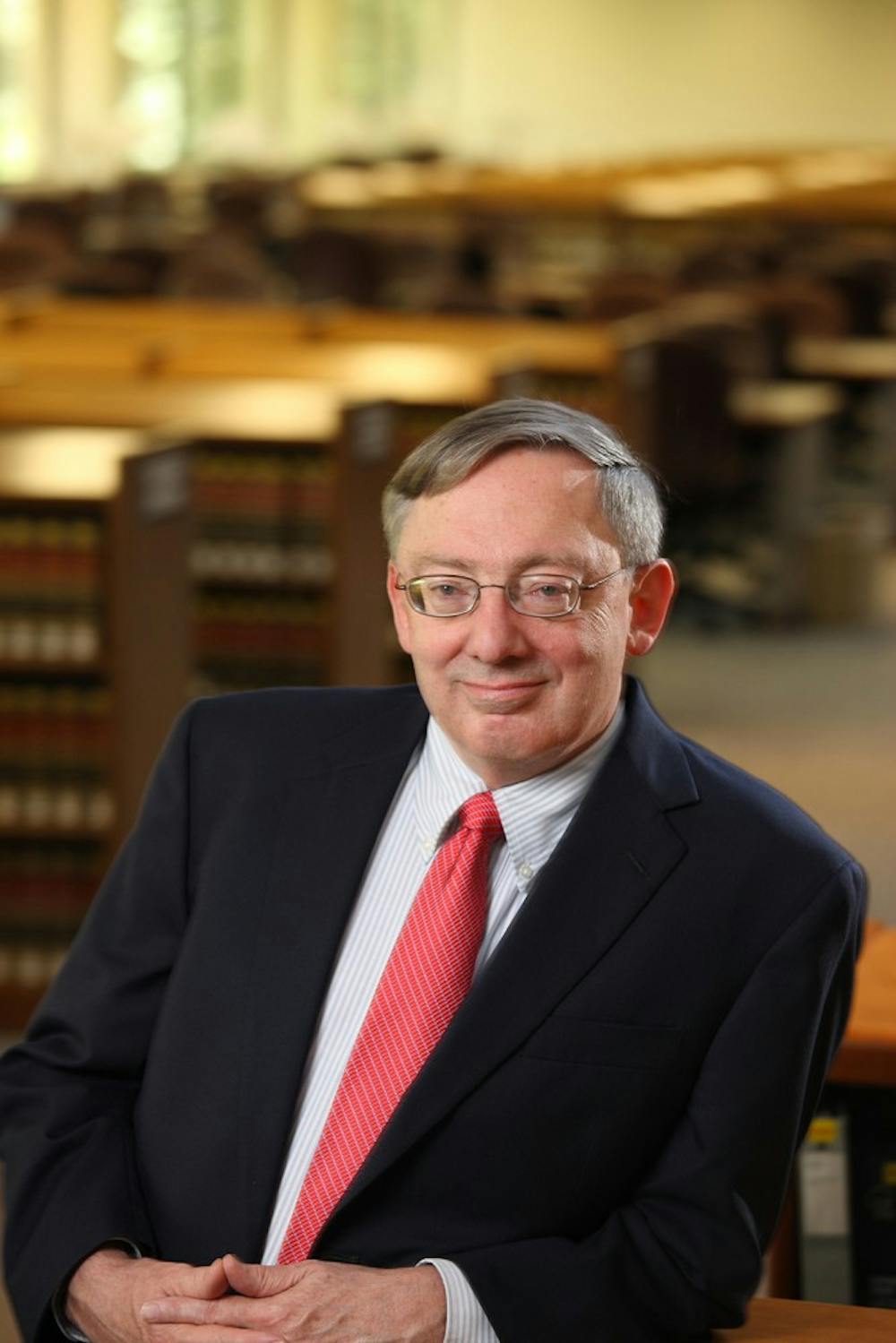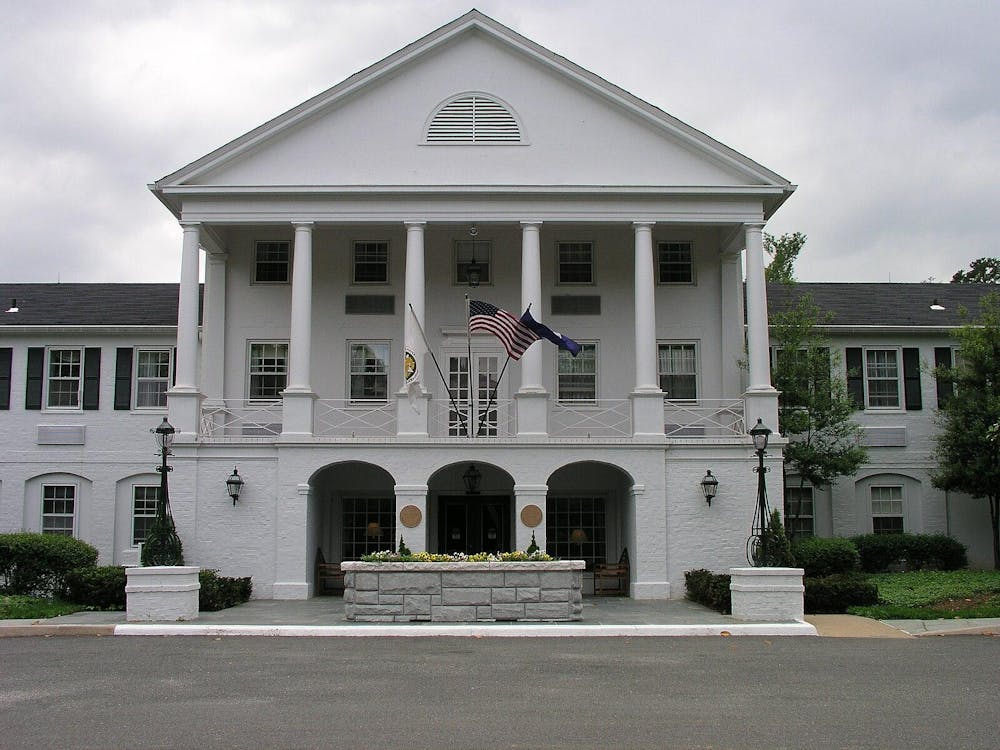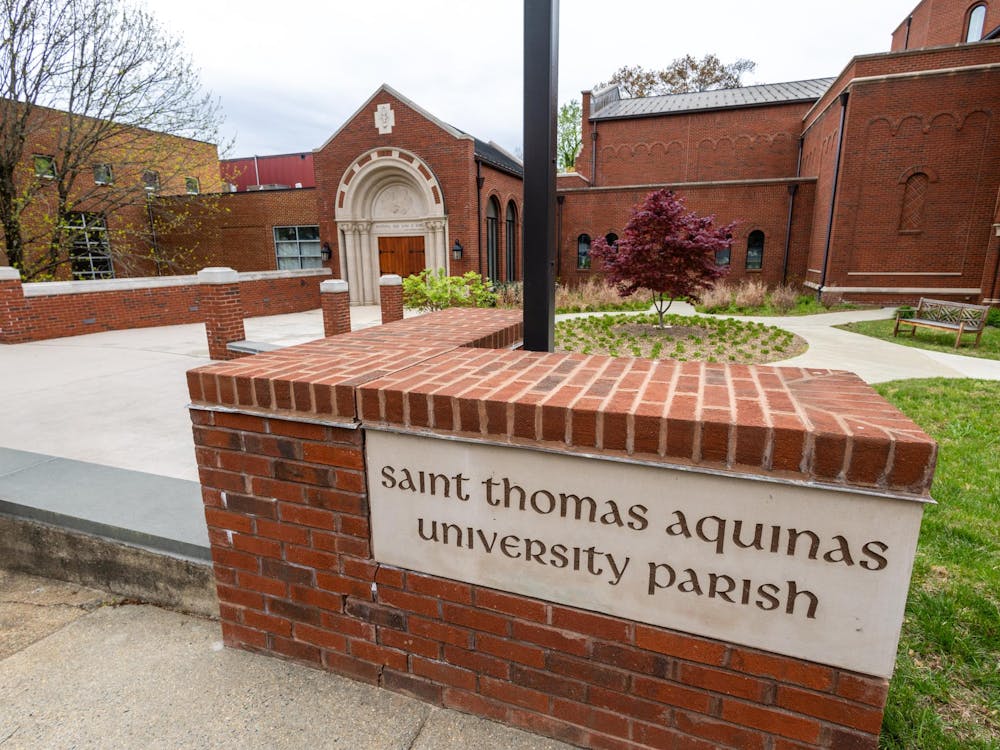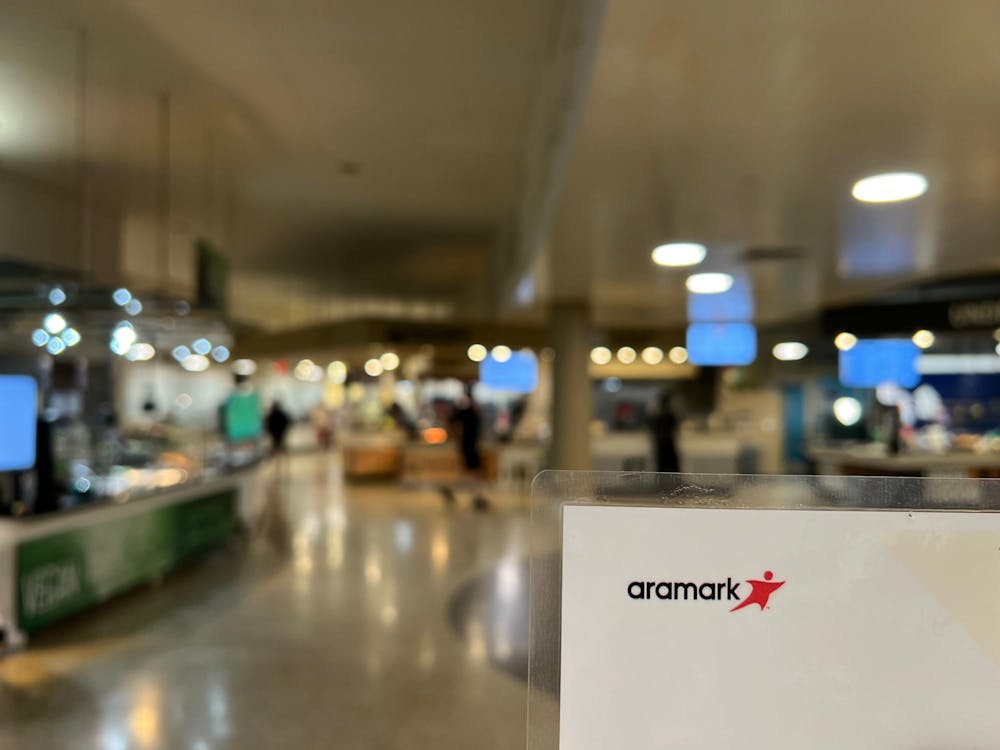Law Prof. Douglas Laycock will go before the Supreme Court next term as a religious liberty expert in the case Holt v. Hobbs. It will be his fifth time arguing before the Court.
The case stems from a rule which prevented Gregory Holt from wearing a beard — which he says is a part of his religious beliefs — in a correctional facility where he was serving a life sentence for charges of burglary and domestic battery. Last September, Holt — also known as Abdul Maalik Muhammad — petitioned the Supreme Court to hear his case after the Eighth Circuit Court ruled his religious freedom was not violated.
Laycock is a nationally recognized leader on the legal remedies and religious liberty. He is the vice president of the American Law Institute and a fellow at the American Academy of Arts and Sciences. He is also married to University President Teresa Sullivan.
Laycock said in an email the lawsuit stemmed from the 2000 Religious Land Use and Institutionalized Persons Act, which addressed two different religious liberty issues — one being religious liberty protections for prisoners.
“Congress thought that prison officials made arbitrary rules, gave little or no value to prisoners’ religious commitments and that Courts were providing inadequate protection under the Constitution,” he said. “Congress also thought that, at least for some prisoners, practicing their religion would be an aid to rehabilitation.”
Because of this, Laycock said, prisoners gained additional religious liberty protection.
“Prisons can’t substantially burden a prisoner’s exercise of religion unless necessary to serve a compelling interest by the least restrictive means,” he said. “Prison safety and security are obviously compelling interests. But prohibiting beards isn’t necessary to serve those interests.”
Arkansas, the state where the corrective facility in question is located, is one of only a few states with a similar restriction on beards, Laycock said.
“Forty-three states, D.C. and the Federal Bureau of Prisons would allow the half-inch beard Mr. Holt wants to wear; all but two of those states would allow a longer beard,” he said. “He offered to compromise at half an inch because he found a California case that allowed a prisoner there to have a half-inch beard. California has since eliminated its rule against beards.”
The case is being put before the Supreme Court largely because of Holt’s handwritten petition, Laycock said, and because both Arkansas and the Eighth Circuit Court “refused to take [the institutionalized persons act] seriously.”
The respondents say Holt did not have the right to grow a beard because of an Arkansas Department of Correction grooming policy, which only allows “a neatly trimmed moustache that does not extend beyond the corners of the mouth or over the lip.”
This policy was designed to promote prisoner hygiene and minimize opportunities for prisoners to disguise themselves and transport contraband.
Laycock will bring years of experience with him when he approaches the justices.
“This will be my fifth argument at the Court — in 22 years,” Laycock said. “There was a sixth case where I wrote the brief but the trial lawyer wanted to argue it himself. A couple of odd coincidences led to three of those five arguments during my four years so far at U.Va.”
Laycock said presenting before the Court becomes more manageable over time.
“The butterflies an hour before get a little bit less each time,” Laycock said. “I have never had butterflies at the argument itself. You prepare well, and once you get started, you’re in the flow.”
Preparation is key, Laycock said, with only a narrow window of opportunity to make strong points.
“It’s all about anticipating the questions and being ready to answer them,” he said. “You don’t really get to make an argument; after an opening sentence or two, it’s all questions. And you rarely get more than a sentence or two to answer before the next question.”







